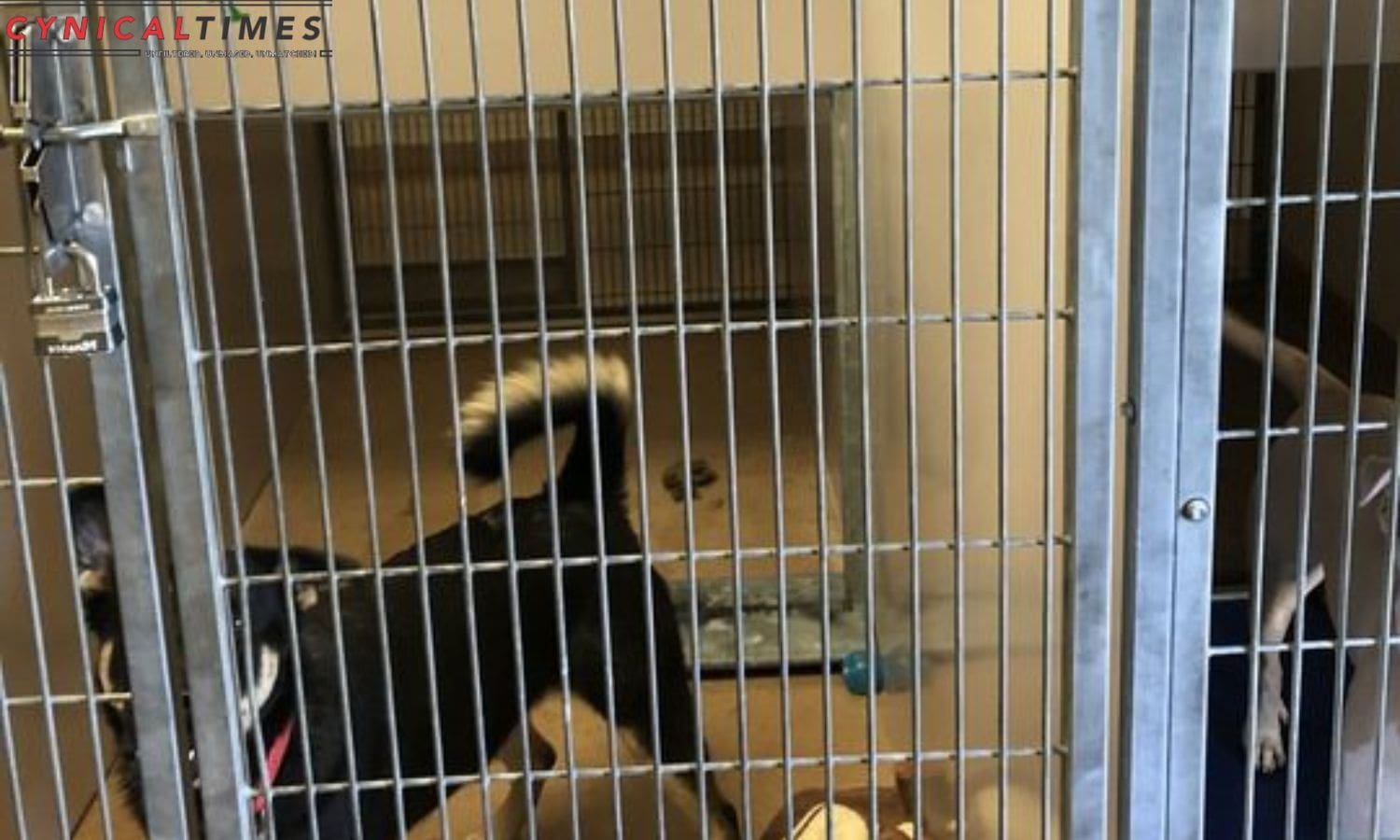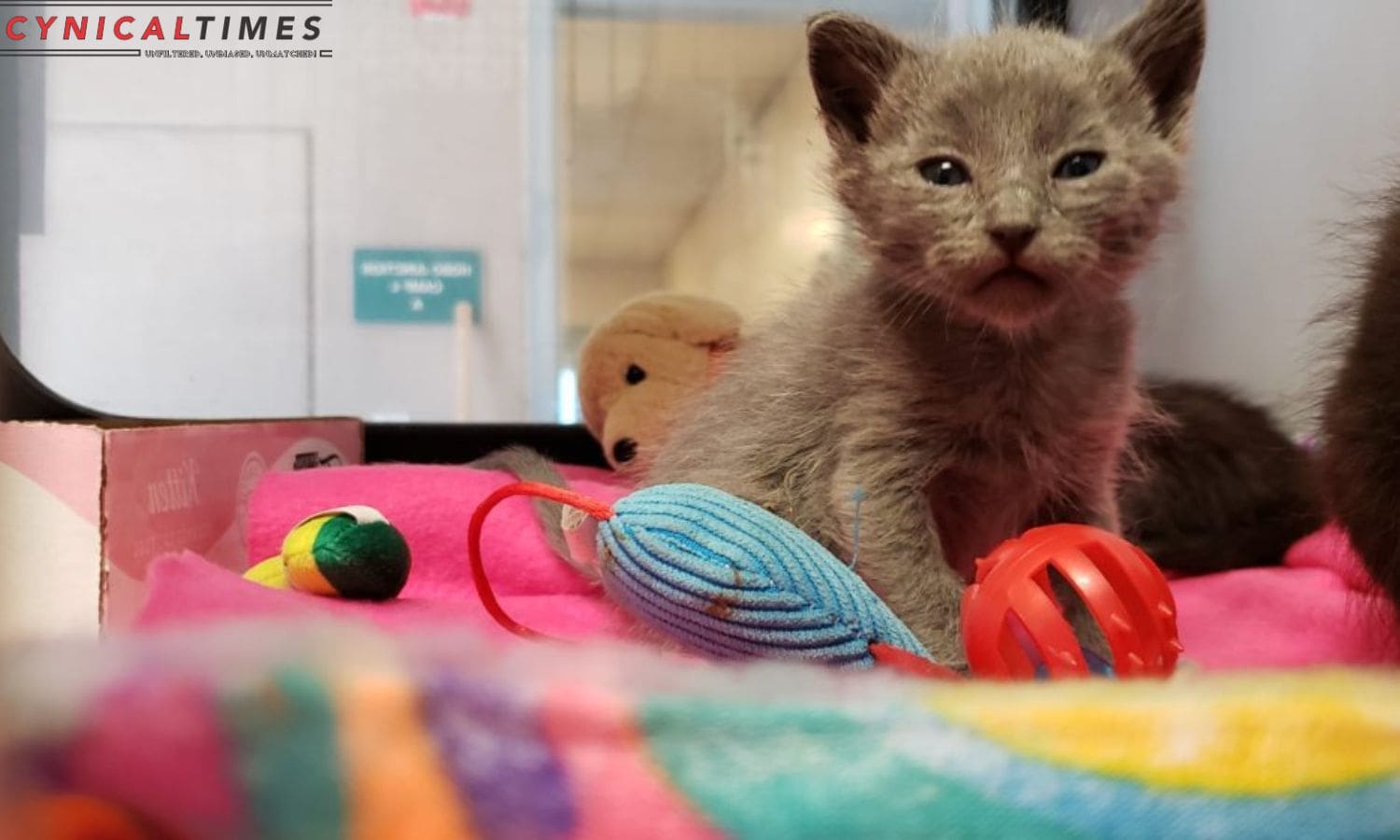San Jose Animal Shelter Faces Scrutiny: San Jose’s animal shelter is under scrutiny as the annual report for fiscal year 2022-23 paints a grim picture. While the city took in fewer animals, a concerning rise in animal deaths over the last five years has raised alarms.
In the past year alone, 426 animals died, and 1,072 were euthanized, with the San Jose Animal Care Center experiencing an overflow, housing over 900 animals—double its capacity. The prolonged stay of animals, particularly those with health issues, has contributed to the challenges of adoption.
City officials argue that their focus on sick animals, prioritizing their care over healthy ones, has led to the increased mortality rate. Elizabeth Kather, division manager of the shelter, emphasized the difficult decisions made for animals suffering from severe chronic illnesses or unbearable pain.
However, advocates, including volunteers and veterinarians, dispute the city’s approach. They accuse officials of neglecting animals and disregarding concerns raised by volunteers. The debate came to light during the city’s Dec. 14 Neighborhood Services and Education committee meeting, where the annual report was discussed.
Monica Rudiger, a retired veterinarian and shelter volunteer, pointed out instances of animals needing essential medical care, contradicting the city’s claim that incoming animals are more unhealthy and untreatable. Volunteers shared images depicting unsanitary conditions in kennels, shedding light on what they describe as a hazardous and stressful environment.


Also Read: Decoding Sunnyvale Policy Blueprint: Your Guide to Civic Engagement
The core issue, according to volunteers, lies in the city’s shift from a rescue model—where animals are dispersed to different shelters—to an adoption model that retains animals for longer periods. Despite efforts to fill vacant positions and address the overcrowded shelter, volunteers argue that staffing remains insufficient without external support.
Former volunteer Rebekah Davis Mathews highlighted a decline in partnerships with outside rescue groups, leading to more animals being euthanized. The city, considered a “no kill” facility, is at risk of losing that status, as the shelter release rate is currently at 85%, below the required 90%.
Jay Terrado, deputy director of public works, defended the city’s prioritization of sick and injured animals, following recommendations from Maddie’s Fund. However, concerns persist, prompting Councilmember Omar Torres to express commitment to addressing the issues raised by activists and ensuring the welfare of animals passing through the shelter.
The ongoing debate highlights the complexities surrounding animal welfare policies in San Jose and raises questions about the effectiveness of the current shelter model. As the city grapples with criticisms, the welfare of its furry residents remains a focal point for both officials and advocates alike.

